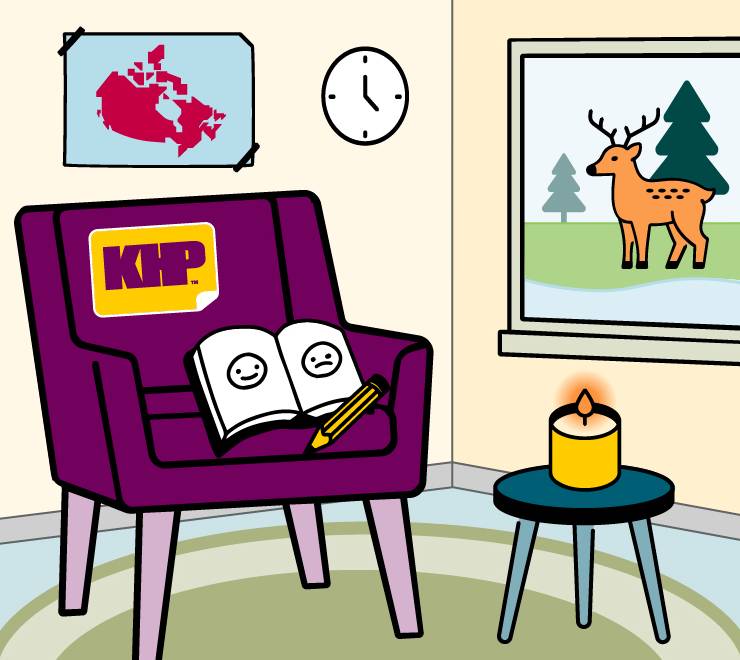Is your friend going through a tough time? Here’s how to help when things get rough.
When a friend is going through a hard time, it’s common to feel helpless and sad. It’s also hard to know what to do, even though you really want to help. Remember, sometimes all you need to do is be there for your friend. You may not be able to fix the problems, but they will appreciate that you care.
Ways to help a friend
There are many different ways to help a friend. You can:
- Be there: one of the most helpful things you can do is just show up for your friend. Make plans to hang out. Call them regularly to check in. People who are suffering often have a hard time reaching out for help, so try to reassure your friend that you’re there for them.
- Listen: it can be comforting for your friend to feel like someone understands what they’re going through. Ask if they want to talk about it. Good listening means that you hear them out, without interruptions or judgment.
- Learn: if your friend is going through an experience that you’re not familiar with, learning more about it can help you understand. It can also prepare you to talk about it more comfortably.
- Respect their pain: try not to say things like, “Cheer up!” or “Things aren’t so bad.” Those kinds of phrases dismiss what your friend is going through. Even if you don’t understand why they’re so upset, allow them to feel what they’re feeling without judging them.
- Look inside: you may be able to help your friend by referencing your own experiences. Think back to a rough patch in your past. What helped you through it or what do you wish someone had done for you?
Difficult conversations
Sometimes it’s necessary to have a difficult conversation with a friend. Some things are really hard to talk about, but it’s important to approach your friend if you’re worried about them. Maybe you’ve noticed that your friend seems down a lot, isn’t eating well or is in an abusive relationship. Talking to your friend lets them know that you care and that you’re there for them.
What do I say?
Approaching a friend about a sensitive subject can be tough. It’s a good idea to prepare yourself. Consider these approaches to hard conversations:
- Let your friend know you’re concerned. You could say, “I’ve noticed ‘X.’ Is there anything you want to talk about?”
- If your friend doesn’t want to talk, let them know you’ll be there for them if they change their mind. You can also ask, “Would it be helpful for you to speak to someone else about what has been happening?”
- Don’t lecture or tell your friend that they need to change in some way. This only puts pressure on them. They’ll make a change when they’re ready. You can be there for them and let them know you care.
- Wait until you’re calm before approaching your friend. If you’re emotional, you may have trouble thinking clearly. You may say something you don’t mean to say, or your message may come out the wrong way.
- Practise what you’ll say. It’s difficult to know what to say in the moment, so write out what you want to say or send yourself a text. Read it a few times before you approach your friend. It can help to role-play in front of a mirror or with someone else. You can also role-play with a Kids Help Phone counsellor.
- Take care of yourself. Supporting a friend through tough times can take a lot out of you. It’s OK to take a break from the situation and get support for yourself.
















